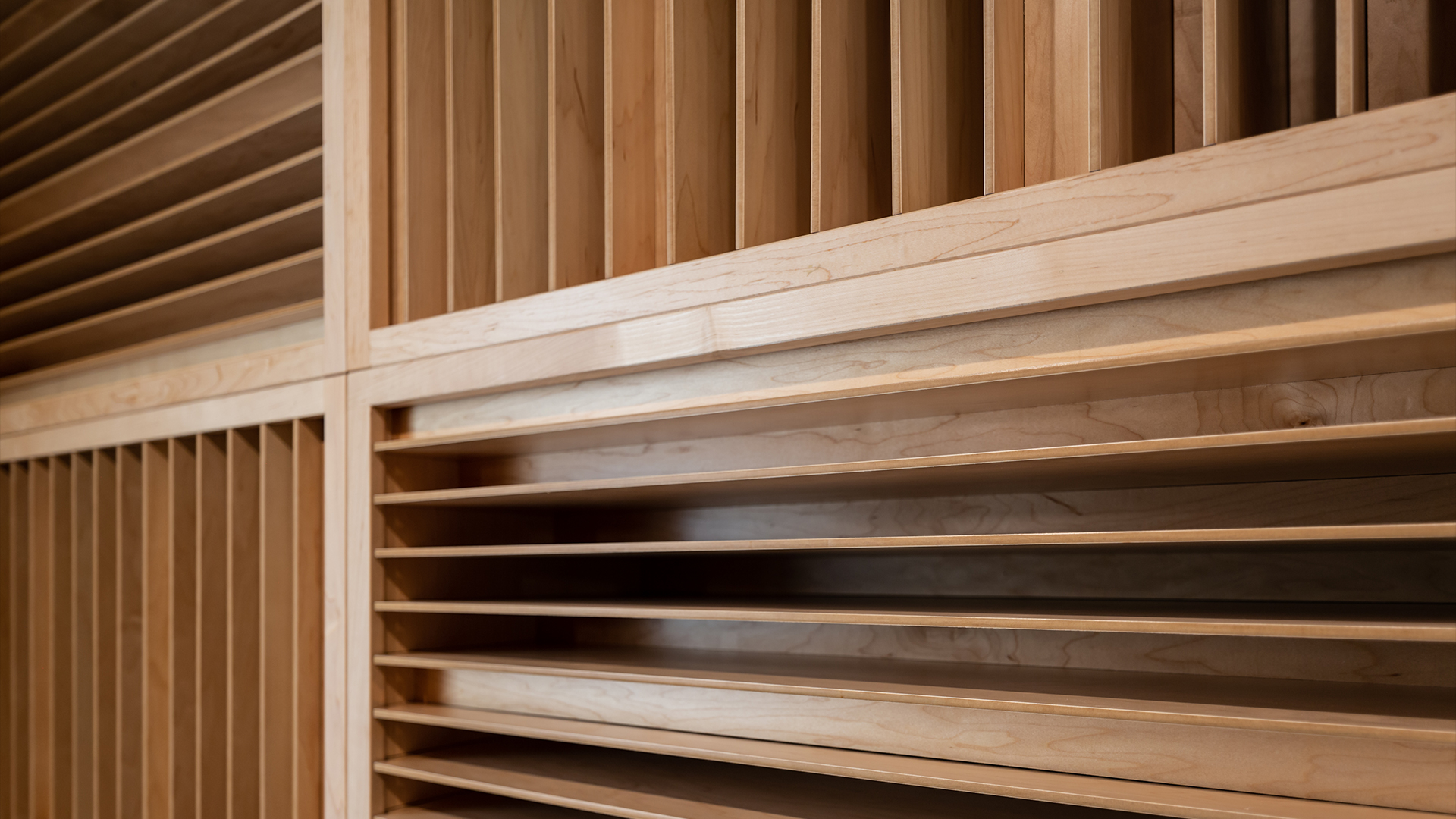Three dimensions of sound space can be created between your speakers.
Acoustic panel placement height.
Identifying surface area issues and then finding out where to place acoustic panels.
Last week i was asked about ideal acoustic panels placement and whether they should be side walls or ceiling or elsewhere.
Remember that sound waves don t discriminate and will simply go everywhere.
This is room acoustics at its best.
In some cases poorly planned acoustic panel placement may even make a bad sounding room sound even worse.
So all the energy in your room must operate in the three standard dimensions of length width and height but its different depending on room usage.
If you have or are planning on making your own diy acoustic panels for your home studio or home theatre i ve got a simple method to help you determine where.
When it comes to how high your acoustic panels should be there are a few things you ll need to get right based on your purpose for the panels.
Said another way you ll need slightly fewer panels in your room if you place some of them in or near corners.
That said we do have a couple of non critical guidelines for acoustic panel placement.
Place the panels on the hard surfaces to the left and right of the mixing position and the ceiling cloud above which is the minimum treatment expected.
You should therefore plan out your placement carefully to ensure that your panels will go where they can do the most good.
First you get more absorption per square foot of panel when the panel is placed in or near a corner.
We suggest ceiling clouds be at least 12 inches deep.
As a rule these are mounted at ear and or speaker height and positioned along the wall to capture the early reflections from the loudspeakers.
Three dimensions of sound.
What should i expect to hear if i treat my room right.
However to get the best from your panels you should consider how the height and placement of the panels impact sound in different situations described more in depth below.
Okay well let s look at what we need.
We didn t do the geometry calculation but used a mirror instead to find the best placement.
To learn how to build these see phillip newell s book recording studio design chapters 5 13 and 16.
Acoustic panel placement the mirror trick.
These are easily controlled by strategically placing broadway acoustic panels along the side walls to absorb these troublesome reflections.

